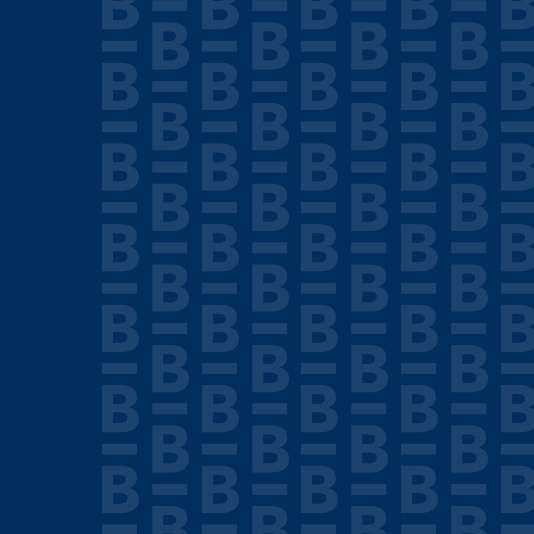The ability to set a budget – and stick to it – is a crucial life skill. And if you have debt and are hoping to apply for home financing in the future, a budget can be a first step toward confidently paying down existing debts. Here are some tips for creating a budget and using it to create your debt paydown plan.
Setting a budget
Calculate your monthly income
First, start by looking at your monthly household income. For purposes of a budget, you’ll want to only include reliable sources and amounts of income, to make sure you’re not budgeting for a “too-high” income amount. If you work in a job with commission or tips, you may budget for what is most typical rather than a stretch amount. (And if you wind up bringing in more commission or tips than expected: that will be great news!)
Log your monthly payments
Many of us have a base set of payments that remain constant or equal every month. These can include rent or mortgage payment, car loan, insurance, mobile phone service, etc. List each of these and their amount.
We also have a variety of payments that may vary slightly from month to month: Electricity, gas, fuel or transportation, etc. List each of these line items, along with an estimate for what they might run on average. You’ll also want to inventory what you might spend on discretionary items each month. I recommend referencing your bank statement to help jog your memory and make sure you don’t miss something.
Categorize your spending
And finally, categorize each of your expenses. Make sure things like “car payment” or “credit card payment” are noted in a debt category, as those are things you’ll want to come back to when you plan for debt repayment.
Then, set your financial goals and create a budget around meeting those goals. Continue to track your spending to make sure you’re staying within the planned limits for each line item of your budget.
Planning your debt paydown
Now that you’ve taken a look at your income and expenses, you hopefully have identified some areas where you might want to pare back spending, or some opportunities to pay down your debt. Calculate your available funds each month, and determine what you wish to divert to savings or to pay down on debt.
Inventory your debts
Carrying a high debt load is not only stressful, but it can drag down your credit score and ultimately your ability to qualify for a mortgage or other loans. So now that you’ve got a budget in place, take your list of items in the debt category and create a table with key information: balance, interest rate, minimum monthly payment.
Choose your paydown plan
From here, there are a lot of ways to tackle your debt paydown goals. Many debt counselors encourage you to look for “early wins,” by paying down your smallest balances first. This means you would continue making only minimum payments on your larger balance account, while diverting any extra funds to paying off that first smallest balance.
I think this is a great approach, as each time you pay off one of these smaller balance accounts, you will feel a boost in your confidence at budgeting and paying down debt. By starting with these smaller balances, you will feel progress sooner.
Turning to trusted resources
There are a wide range of online, interactive tools that can make budgeting easy, and even fun. Here are some tools I recommend for my customers:
This free Monthly Budget Worksheet from FreddieMac
Budgeting apps or websites, such as Mint
Personal finance software such as Quicken (purchase required)
For anyone paying down debt in anticipation of a home purchase, I always recommend building a relationship with trusted financial partners. Consumer bankers, mortgage lenders, real estate agents and others can offer a wide range of perspective, advice and encouragement as you adopt a budget and pay down your debts.
